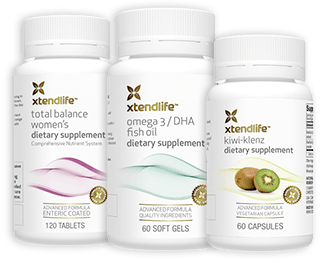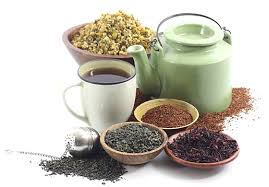Natural Herbs For Inflammation Can Help Without the Need For Harmful NSAIDs and Other Medications
Herbs and other natural supplements for inflammation can be a viable option for those who would prefer not to deal with the potential side effects of NSAID's and other anti-inflammatory medications.
Inflammation is one of the body’s protective responses. When injured or ill, tissue at the affected area becomes painful, hot, red, swollen, non-functional: inflamed. Think of a sprained ankle.
Unfortunately the response can sometimes become “overprotective” causing chronic problems like arthritis, atherosclerosis, back pain, infections, even increased risk of heart attack and stroke.
We treat inflammation with proper diet and exercise, and some people use medication. Others prefer herbal remedies, such as those used in traditional Chinese medicine (TCM). Prescription or over-the-counter (OTC) medications and herbs can interact, so always consult your medical team if adding herbs.
What Herbs Treat Inflammation?
Lei Gong Teng (Tripterygium Wilfordii) or “walk seven steps and die” has been used for centuries to treat worms and kidney disease. Chinese research proved it effective for treating and delaying the onset of arthritis. Very toxic, it should never be used without supervision from your medical team.
Panax Ginseng (Chinese or Korean) is used to stimulate nitric oxide production. That helps arteries by preventing platelets from sticking to their walls, expanding them for better blood flow and preventing inflammation.
Bupleurum Chinense (Chai Hu) or hare's ear has long been used for infections, fever, liver and digestive troubles. It impedes acid metabolism and suppresses allergens, thus reducing inflammation. Like many conventional drugs, it can cause stomach troubles.
Other familiar herbs and spices include: harpagophytum, hyssop, ginger, turmeric, arnica montana, and willow bark, which contains salicylic acid (aspirin), cannabis and St. John's wort.
People often choose herbal remedies to reduce risks or side effects of drugs that may cause stomach or allergy problems. But all foods, drugs and herbs interact, so it is imperative that conventional doctors and herbal practitioners collaborate.
How Do These Supplements Work?
In TCM, the concept of yin-yang is creating balance between normally opposite forces. Chinese diet and TCM are based on maintaining or restoring proper yin-yang balance.
Yang (hot) foods (meats, seafood, tonics, fried foods) are eaten with yin (cold) foods (vegetables, fresh fruits). Excesses of yin or yang result in various illnesses. Inflammation is excess yang (fire). So, Chinese herbal treatments for inflammation add cold-promoting herbs to restore hot-cold balance.
Modern science has researched and found a clear trend supporting the antioxidant capacity of yin and the oxidation process of yang. So, both TCM and current conventional medicine agree that the balance of yin-yang (antioxidation-oxidation) is fundamental to treatment and prevention of disease.
Whether using TCM or another herbal medicine-based process it is best to make diet, exercise and other healthy lifestyle choices as well, for a balanced treatment program. Remember that balance is best for a healthy life.
Resources...
Search our site...
PREMIUM SUPPLEMENTS
The most advanced herbal supplements on the market
BULK HERBS AND TEAS
Need bulk herbs, teas, supplements and capsules?

